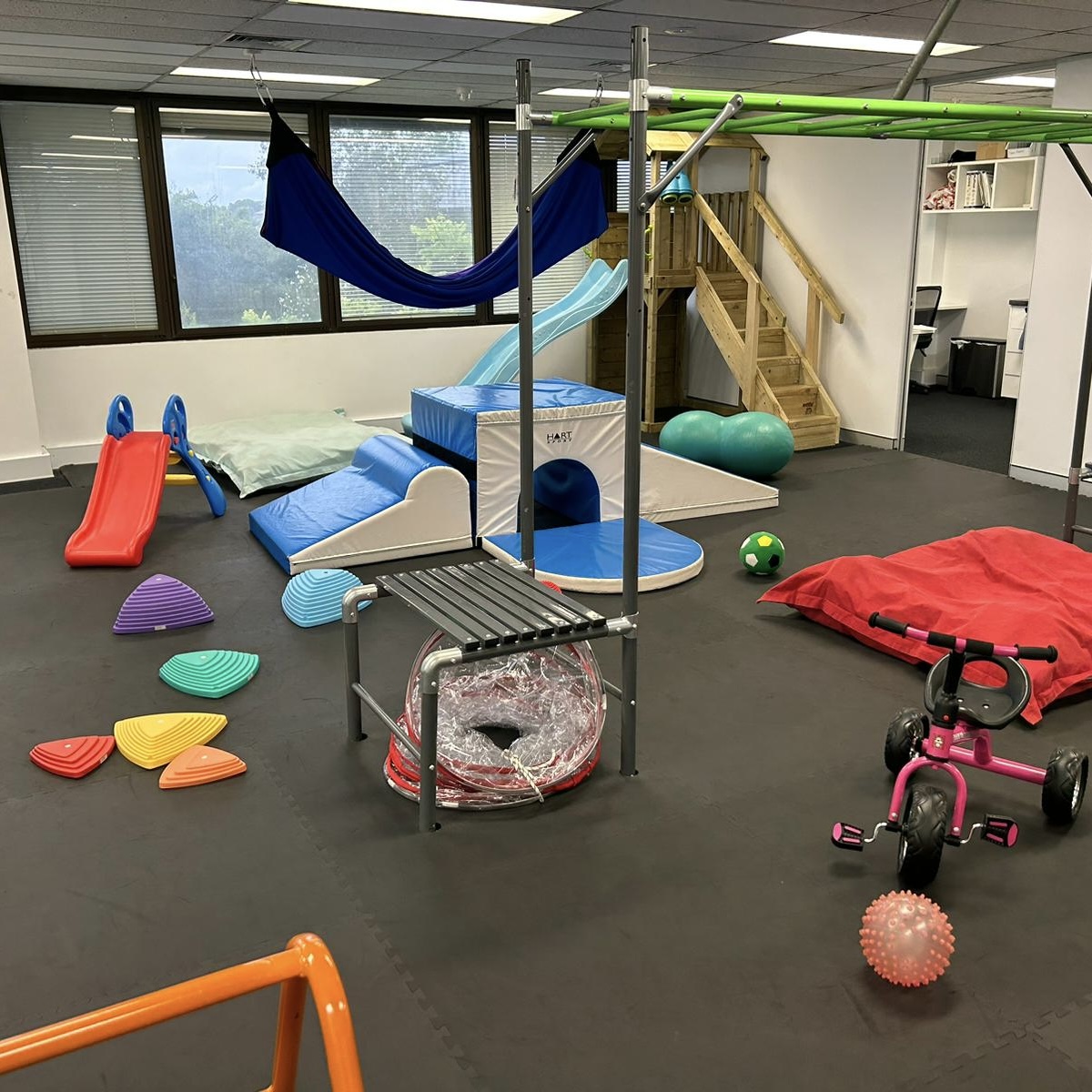
Financial Support for Autism Therapy in Australia: Navigating NDIS, Medicare Rebates, and Inclusion Support Funding
When your child is diagnosed with autism, securing the right therapy and support can be a significant financial concern. Fortunately, in Australia, there are various sources of financial assistance available to help ease the burden. This blog will guide you through the options, including the National Disability Insurance Scheme (NDIS), Medicare rebates, and Inclusion Support Funding.
Understanding the National Disability Insurance Scheme (NDIS)
The NDIS is a government-funded program designed to provide support for Australians with disabilities, including children with autism. It helps cover the costs of necessary therapies and services to improve the quality of life and promote independence.
How to Access NDIS Funding
- Eligibility: To access NDIS funding, children aged 0 to 5 years do not need a formal diagnosis to receive support. However, for children aged 6 and older with developmental delays, a diagnosis is required to obtain or continue an NDIS plan. If your child is aged 6 to 8 and has developmental delays but lacks a formal diagnosis, you can still get assistance through early connections and support services.
- Application Process: Start by contacting the NDIS to begin the application process. You can do this online, by phone, or in person at an NDIS office. An NDIS representative will guide you through the necessary steps.
- Planning Meeting: Once your application is approved, you will have a planning meeting with an NDIS planner. This meeting will assess your child’s needs and develop a personalised NDIS plan outlining the supports and services required.
- Using Funds: After the plan is approved, you can use the allocated funds to pay for therapies and services. The NDIS covers a wide range of supports, including speech pathology, occupational therapy, and Early Start Denver Model (ESDM) interventions.
NDIS funding for children under 7 years can be managed in three ways: self-managed, plan-managed by a third party, or NDIA-managed. With self-managed funding, parents control the funds, choose service providers, and handle payments directly. In third-party plan management, a registered plan manager takes care of administrative tasks like paying invoices and keeping financial records, while parents can still choose their preferred service providers. NDIA-managed funding means the NDIA handles payments directly from a list of approved providers. Each option offers different levels of control and responsibility, so families can pick the management style that best fits their needs.
Medicare Rebates for Autism Therapy
Medicare offers rebates for certain services for children with autism under the Chronic Disease Management (CDM) plan and the Better Access to Mental Health Care initiative.
Chronic Disease Management (CDM) Plan
The CDM plan allows for Medicare rebates for up to five allied health services per calendar year. This includes services such as speech pathology, occupational therapy, and psychology.
- Referral: To access these rebates, you will need a referral from your General Practitioner (GP). The GP will create a care plan outlining the services your child needs.
- Rebate: Medicare will provide a rebate for part of the cost of these services, making them more affordable.
Better Access to Mental Health Care Initiative
This initiative provides Medicare rebates for psychological therapy services for children with autism.
- Referral: A referral from a GP, psychiatrist, or paediatrician is required.
- Sessions: Your child may be eligible for up to 10 individual and 10 group sessions with a registered psychologist, social worker, or occupational therapist per calendar year.
Inclusion Support Funding
The Inclusion Support Program (ISP) aims to assist early childhood education and care (ECEC) services in including children with additional needs, such as autism. This funding helps ensure that children can participate fully in education and care settings.
How to Access Inclusion Support Funding
- Identify Needs: Work with your child’s early childhood education provider to identify the specific inclusion support needs.
- Application: The ECEC service will apply for funding through the Inclusion Support Program. They will need to provide information about your child’s needs and the required support.
- Funding Utilisation: If approved, the funding can be used to support the inclusion of your child in the educational setting. This might include hiring additional staff, accessing specialist equipment, or modifying the environment to better suit your child’s needs.
Additional Resources and Support
Apart from the primary funding sources mentioned above, there are other resources and programs that might provide financial assistance for autism therapy:
- Private Health Insurance: Some private health insurance policies cover allied health services, including speech and occupational therapy. Check with your insurer for details.
- State and Territory Programs: Various states and territories offer additional support and funding programs for children with autism. Contact your local government or disability services office for information.
- Non-Profit Organisations: Many non-profit organisations provide grants or financial assistance for families of children with autism. Examples include Autism Spectrum Australia (Aspect) and the Autism Association of Western Australia.
We’re Here to Support You
At OneOnOne Children’s Therapy, we understand the challenges that come with securing financial support for your child’s therapy. Our team of Certified ESDM Therapists, Speech Pathologists and Occupational Therapists is here to help guide you through the process and ensure you can access the services your child needs to thrive.
Reach Out for Support
If you have questions about financial support options or need assistance navigating the NDIS, Medicare rebates, or Inclusion Support Funding, OneOnOne Children’s Therapy is here to help. Call our Bondi Junction and Mascot clinics at (02) 80657837 or email us. You can also book a free 30-minute phone call with us to discuss how we can support your child’s unique journey.
Together, we can help your child develop the skills they need to thrive in all areas of their life.
